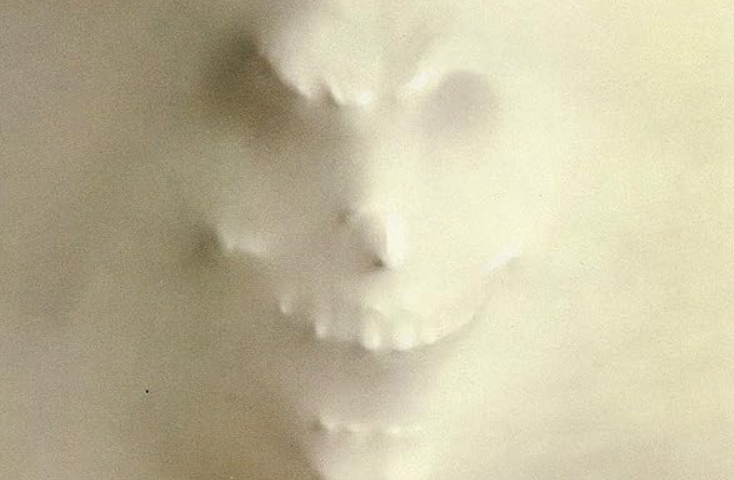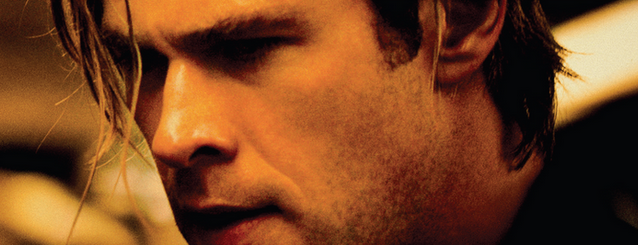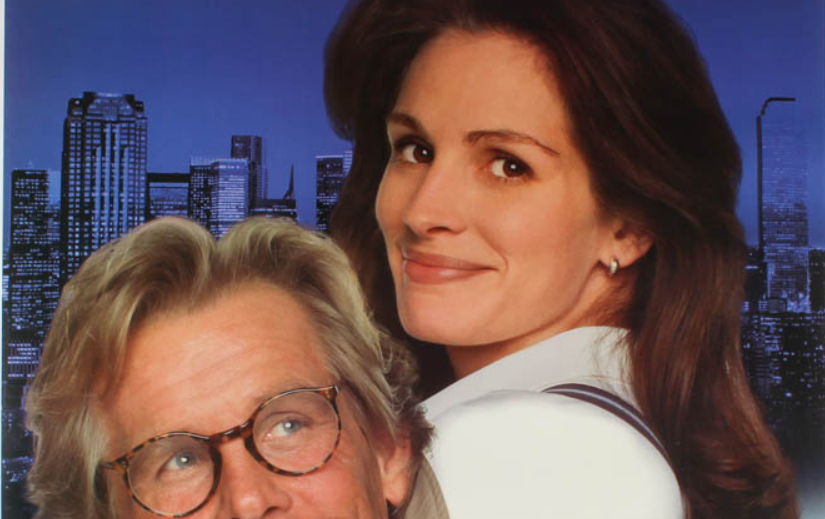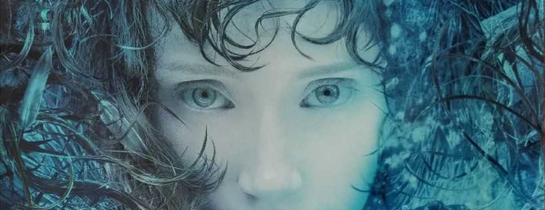Robert Downey Jr
Pull up, Tony Stark, pull up! There's a bright future just around the corner!
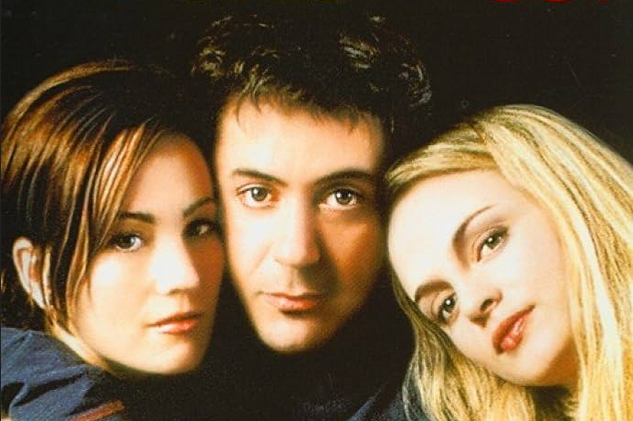
I want to get this entry off on exactly the right foot by going off on a tangent. It will make sense, I promise.
Movies are not plays, at least not usually. Yes, both are ways of presenting the dramatic arts. Movies have the luxury of being able to flit around freely in space and time, at the whims of writer and director. Movies can have casts numbering thousands and be set in locations of dizzying size. Making a movie gives the creators theoretically limitless freedom. It lets the actors experiment with different takes to individual lines, unrestricted by the need to get it right first time in front of a live audience. Your only limitations are the budget and the patience of the producers.
What happens when a movie’s writer and director decide to eschew all those degrees of freedom and instead set their story in a tiny space, in a tiny time frame and with a tiny cast – the ‘bottle movie’? It varies. There is one universal truth – the resulting film resembles a play. It’ll be more intimate, more character-driven. There’s nowhere for the limitations of the performers to hide. Every single weakness in the script will end up hugely magnified.
Tom Hardy has a film like this in his career – 2013’s Locke. He plays a civil engineer who drives from Birmingham to London the night before the biggest day in his career in order to be with the affair partner he got pregnant while she gives birth. It happens entirely within a BMW X5 and consists mostly of phone calls. That’s it. It’s a character study. Locke chooses not to be like his deadbeat father who walked out on his family. Doing the right thing by his new child might cost him his career, reputation and family, but he does it anyway.
Locke is absolutely incredible. I whole-heartedly recommend it. A man, a car, a series of phone calls. Amazing. Hardy’s performance is a tour-de-force.
OK, back on topic. Robert Downey Jr (RDJ from here on) has been working in the movies for a long time. Since he was 5, in fact. His father had a long career as a director and writer in Hollywood, making RDJ a nepo baby, especially after Dad cast him a few times. In the 80s, he was in Saturday Night Live and was an adjunct to the Brat Pack. In 1992, he was cast as Charlie Chaplin in, er, Chaplin and his performance earned him an Oscar nomination and his career took off.
Starting in 1996, RDJ’s lifelong issues with drugs began to have a deleterious impact on his career. He was in and out of rehab, did time, got clean, relapsed, had his life and career fall apart in full view of the public. In 2001, he broke the cycle and his comeback began. I do mean began. RDJ’s output from 2001 onwards has been a mixture of genuinely great performances with a few Disney-for-kids stinkers tossed in for good measure. I mean…Kiss Kiss Bang Bang, Zodiac, Tropic Thunder….and then Iron Man. And Sherlock Holmes. And so on. After ending the 90s in the worst way possible, RDJ became the bankable A-lister with a redemption arc everyone could love.
Let’s return to 1997. James Toback – more on him later – had directed RDJ in a fairly gruesome sounding 1987 comedy, The Pick-up Artist. They’d remained friends and after RDJ went into rehab one time, Toback chose to write a script in which RDJ would play the lead. It took Toback four days to finish the script – more on that later. RDJ duly took the lead and Toback cast Heather Graham and Natasha Gregson Wagner. Together, over the course of eleven days, they shot Two Girls and a Guy.
Two girls, Carla (Graham) and Lou (Gregson Wagner), are waiting outside a New York apartment building for their boyfriends. It turns out they’re waiting for the same guy, Blake (RDJ). They get mad and break into his loft and wait for him to return, whereupon they all have a big argument/discussion for about an hour. Oh, and Carla and Blake randomly have an awkward, frenzied sexual encounter while Lou listens, an encounter which is instantaneously forgotten. Then they all talk some more. That’s it. Three people in a room, talking.
This is where my tangent becomes relevant. This film does not work as a movie: it is frequently ugly on the eye and dreadfully empty-headed. It does not work as a play. Remember what I said above about movies of this type exposing the limitations of both performers and script? Yeah.
It’s clear to see what Toback was aiming for with his script. I imagine he thought his dialogue rippled and crackled and fizzed off the page. It doesn’t. There are very few writers and directors who can pull that kind of dialogue off. Aaron Sorkin has made a career out of it. Tarantino has always had a great ear for dialogue. Toback does not. His writing is limp and unnatural as delivered by this cast. It rarely sounds authentic, sometimes not even when RDJ is delivering it. Four days to deliver a script this soulless? I’m not surprised. Writing is rewriting. Four days from concept to creation means rewrites had to be limited, and apparently a number of pivotal scenes were improvised.
Make no mistake, RDJ is the only actor worth watching in this movie. He manages to deliver his lines in a way that fits the setting and his character. It helps that Blake actually is a character. He has needs and wants and flaws and Toback did great service by RDJ in giving him a meaty part to play. Is there something exploitative in taking an actor struggling with addiction and giving him a part, written for him, which forces him to confront the deception of the self and others head-on? RDJ’s performance switches from being charming to unapologetic to emotionally naked. Blake is a bad person but he’s a charismatic arsehole.
Gregson Wagner’s performance is variable. There are moments when Lou possesses a kind of mischief and twinkle in her eye, but they are fleeting at best. As for Heather Graham…sorry, Heather, your acting stank in this movie. Films with rat-tat-tat dialogue are hell for actors, I suppose, because where is the space for emotion? Graham’s line deliveries are always flat and expressionless and she speaks her lines as though trying to get the dirty words out of her mouth as fast as possible. RDJ manages to inject nuance and character into his acting, Gregson Wagner succeeds sometimes, but Graham…not even once.
I don’t blame any of the cast for this film being a boring and empty exercise in masturbatory self-pity. The fault lies with Toback. His direction of the actors is bafflingly wrong-headed. Even Sorkin at his most Sorkinesque knows that conversations – real or at least genuine sounding conversations – do not proceed like machine gun fire. Authentic banter has characters bounce off each other or react to each other’s energy. Intonation matters. Pauses matter. On the stage, productions have rehearsal time in which the actors can bounce ideas off each other and find chemistry. The characters in this film have no chemistry.
It would have helped if this film had something worthwhile to say. It doesn’t even have the balls to say ‘infidelity bad’. The big twist at the end of the story is that the girls have also been cheating on Blake. The issue with this is that neither Carla nor Lou seem remotely emotionally wounded by discovering their beloved has been unfaithful. Angry, sure. Upset? Distraught? Nope. But when they reveal they were also unfaithful, Blake is permitted by the script to feel that upset. What is Toback trying to say here? That male infidelity is not all that big of a deal to women, but heaven forfend a woman be unfaithful, in case a man’s feefees get hurt? I mean, what?
The issue is Toback. Dating back to 1989, Toback’s creepy, predatory behaviour was reported by Spy Magazine. The story reports on accusations of how Toback would approach women, flash his Director’s Guild card and hit on them. In 2017, the Los Angeles Times reported that 395 women had accused him of sexual harassment. He had a reputation as a pick-up artist. He made a film with RDJ in the lead called The Pick-up Artist. And here, in this film, Toback wants us to sympathise with Blake and forgive his infidelities because Blake, too, was cheated on, as if two wrongs make a right. Noah Gittell goes into this aspect of the film at this link https://noahgittell.substack.com/p/1998-in-review-two-girls-and-a-guy and it’s a fascinating take.
RDJ’s performance aside, this is not a film worth 85 minutes of your time. It’s dull. It’s futile. It goes nowhere interesting and says nothing worthwhile. Forgettable and justly forgotten. Go watch Locke instead. That’s a film which knows how to explore themes of dishonesty and responsibility.
